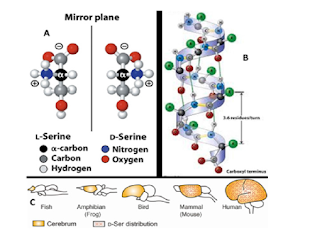Biomedical Science and Research Journals | Caring for Older Adults During Covid-19 Pandemic
Caring for Older Adults During Covid-19 Pandemic Introduction SARS-Coronavirus-2 is leaving an indelible impression on the face of the world with a MASK. This invisible enemy has invaded our lives and robbed us of aspects of our lives that we thought were untouchable. Death, isolation, sickness, and fear now lurk in halls, homes and hearts. While we hope that many will recover from this viral infection, questions about how to do the right thing and even what is the right thing permeate our thoughts constantly. The scientific community and governments update management strategies frequently based on evolving data, all the time hoping for the best outcome. Suddenly, an organized and structured daily routine is filled with confusion and frustration. The days are riddled with constant changes and new instructions as we pray for strength, cures, and resilience. And behind this mask, our older adults who thrive on human connection suffer with the much needed measures and interventions of t
